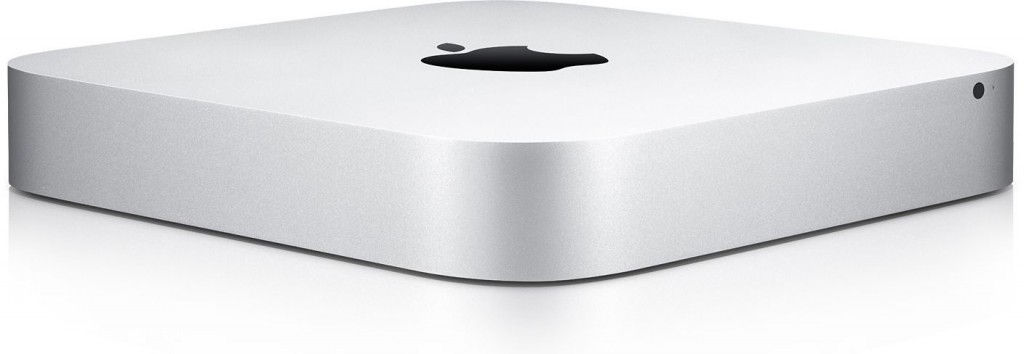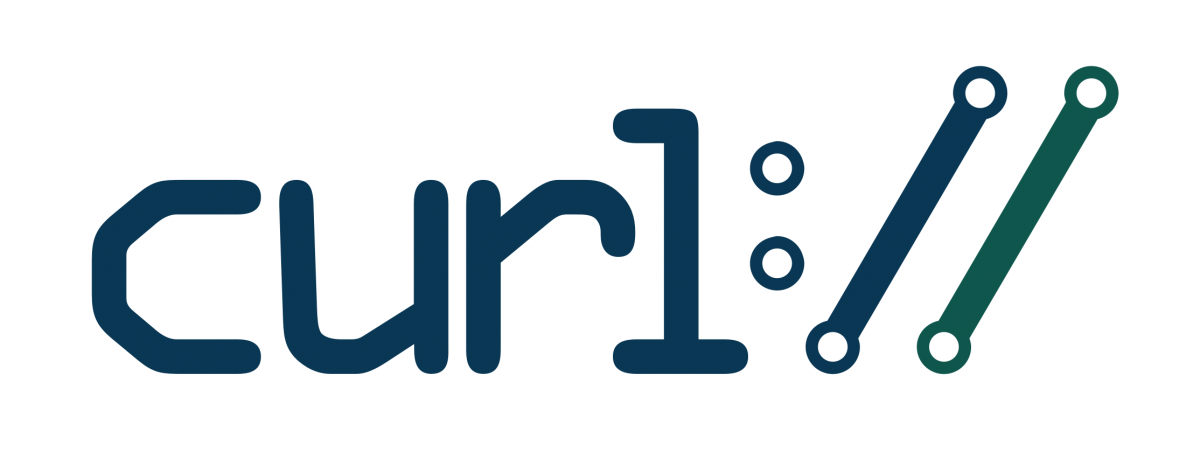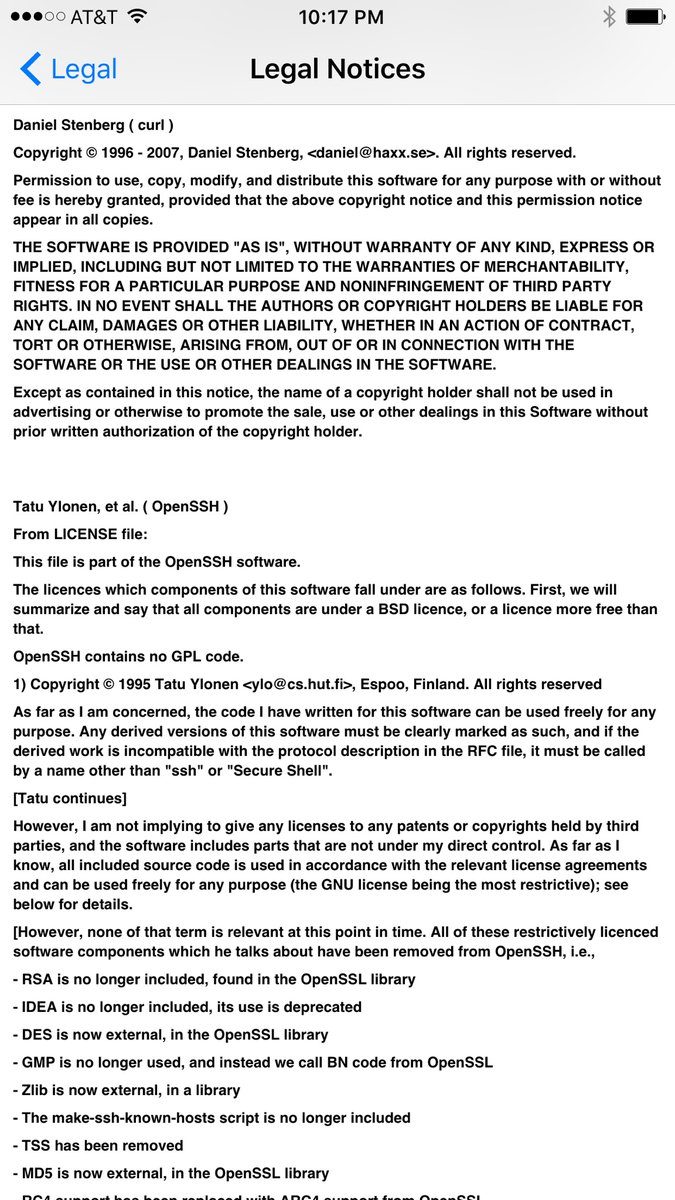
September 25, 2001 is the official release date for Mac OS X 10.1. Exactly twenty years ago today.
Mac OS X 10.1

This was the first macOS release from Apple that bundled curl. It was a complete surprise to me as well when I realized this had happened. Nobody had told me about it ahead of time. I don’t even recall anymore how I figured this out, as I’m not a mac user and I’ve never had any direct contact with the peeps at Apple Inc who were and are responsible for shipping curl on that platform. Not before then and not after that either.
The general consensus at the time seemed to be that Apple replaced Wget with curl due to licensing reasons as Wget had been included in their previous OS X release. Wget is licensed under GPL and curl comes under an MIT-like license. I’m not sure if they shipped libcurl too already at that point.
Various Apple products have been using libcurl over the years on several of their operating systems.
We ship source, they build and ship binaries
Apple downloaded our source code tarball, built curl from it and shipped it. (They also made the exact code they used available.) If I remember this correctly, they built curl against OpenSSL and shipped a version of that as well in the beginning.
In later macOS releases (you know they later changed the name of their OS from being Mac OS X to macOS), they’ve switched curl to use different TLS backends over time. At one point they converted over to using Secure Transport (their own native TLS library) only to somewhat later switch again and then to libressl – which is what the current most recent macOS version uses for curl’s default TLS backend.
curl 7.7.2
The original curl version they bundled in that first release had been released by us in April earlier that same year. It was our 55th curl release but curl was only a little over three years old at the time. It was a young project and it was just in the beginning phase of what it would become.
Early, not first
Apple was certainly early with shipping curl bundled with their operating system but they were not first. curl was already then provided to several Linux distributions. Apple might’ve been one if the first to ship it by default though.
I remember that it felt awesome and as some sort of recognition and acknowledgement of what we’ve done.
Other operating systems
During the early 2000s lots of operating systems would ultimately one by one start to package and provide curl for their platforms. Linux distributions and BSD flavors of course, but soon the legacy Unixes would also follow. If it wasn’t offered by the primary vendor, third party providers would very soon offer packages,
iOS
The third party license screen in iOS (click on the image shown on the right here for the full resolution version) includes the curl license, showing that Apple use it in iPhones and iPads. I don’t know for what.
Releases
Apple has kept updating curl in their subsequent operating updates and has done a somewhat reasonable job at keeping up with our releases. In their most up-to-date macOS version 11.5.2 (release date: August 11, 2021) they ship curl 7.64.1, released from us on 2019-03-27. Our 181st release. It has twenty-two known vulnerabilities.
This can be compared to Windows 10 which keeps shipping OS updates very frequently but is seemingly stuck with curl 7.55.1, released in August 2017.
Futile attempts to help
For a while I reported security issues we found (that would be relevant) to Apple product security ahead of time before our releases went public, to give them time to react and ship fixes, the same way we send alerts to free operating systems.
I stopped doing that because 1. the Apple security people always complained on me for giving them too short time to react (something like two weeks, which is also the maximum notification time allowed by others) and 2. Apple never released any quick updates as a reaction to my notifications anyway. It took them months or years, making my efforts pointless. Basically they were just rude.
Nothing in return
Neither me personally nor the project have ever gotten anything or any compensation from Apple. Nothing. Nada. Perhaps Apple using curl early on was somewhat of a stamp of approval for some, which helped persuade others that curl is a tool to trust. Perhaps.
Apple has not sponsored the project, not paid for feature development, not helped us with hardware and never paid for support. They don’t cooperate with us to help us fix Apple-specific issues nor do they ever report problems to us (which we know they must find occasionally). Apple users who run into problems with curl on Apple’s operating systems regularly contact the curl project to get us to help fix Apple’s products. For free of course. We never even get a thank you.

I have a mac these days (purchased with my own money) that I use to debug and test mac-specific issues and problems on.
Apple is of course far from alone is this almost predatory behavior, but this post is about curl’s twenty years of serving Apple customers. Also: yes curl is open source and the license allows them to do this. We continue to ship a product that runs perfectly on macOS and other Apple operating systems. They continue to ship curl bundled with their operating systems.
Future
The curl project has no drastic course-altering changes planned ahead and we’re not going away, so I believe the tool and library have the potential to continue being used on Apple products going forward as well. Possibly for a long time ahead. I have zero knowledge or visibility into that, so it’s just guessing on my part based on what’s been done in the past twenty years.



